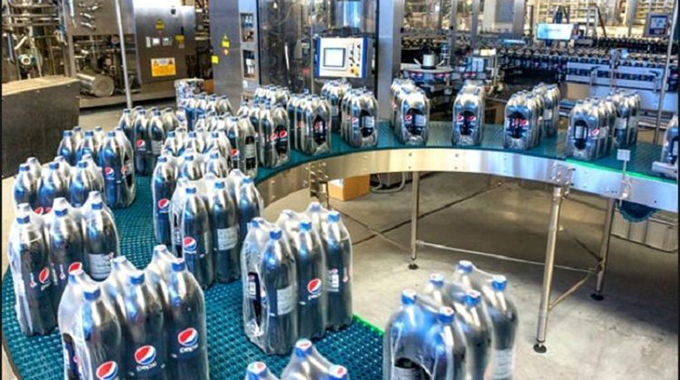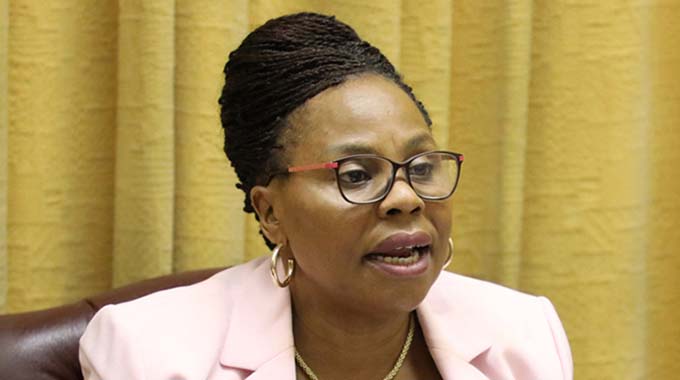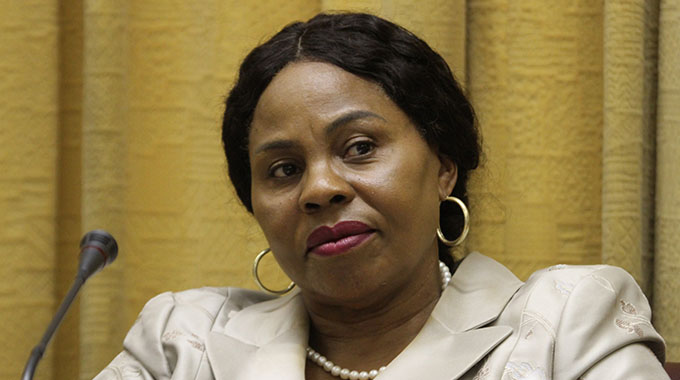Varun Beverages eyes agro-processing

Enacy Mapakame Business Reporter
Indian beverages firm, Varun Beverages, is eyeing agro-processing business in a move meant to boost export earnings for the country with an investment of not less than US$30 million in the pipeline. In June last year, the beverages maker launched its beverages plant that produces Pepsi, Mountain Dew, Mirinda and 7Up.
In an interview with The Herald Business, Pepsi group chief executive officer Krishnan Shankar, said the group was looking at establishing a potato and tomato processing plant in the country.
The plant will not only boost employment creation through value addition and beneficiation processes, but will also reduce post-harvest losses that farmers incur, especially small scale growers.
“We are now looking at opportunities of establishing a tomato processing plant, basically what the country needs are exports and so we are looking at the export potential for these two crops.
“Local consumption is something else, we are mainly looking at earning foreign currency for the country, which is very important to enable the importation of raw materials for other things like packaging and concentrates.
“The entire project will be nothing less than US$25 million or US$30 million,” he said on the sidelines of a luncheon for a Japanese business delegation that was in the country to facilitate investment in the country.
Varun beverages was recently accorded SEZ status.
The Japanese business delegation invited Indian business people operating in Zimbabwe to help them with an independent assessment of the country’s investment environment.
Mr Shankar said despite the foreign currency challenges obtaining in the country, prospects were still bright for the beverages sector as well as agro-processing.
On a monthly basis, the beverages maker requires about $2 million and it leverages on its sister companies in India to meet its requirements.
On the beverages side, Varun exports 10 percent of its production to Botswana and Malawi and is looking at expanding into other regional markets such as Mozambique and Namibia to further cushion it from foreign currency challenges.
“We have foreign exchange problems but we are managing with help we get from India,” he said.
Indian Ambassador to Zimbabwe Mr Rungsung Masakui said although there were economic challenges being experienced in the country, this was the right time to set up base in Zimbabwe as there were great opportunities to explore.
He said as Indians, they were looking at mining, tourism as well as healthcare services, adding there also need to work on changing the negative perception propagated by Western media which deterred investment.








Comments